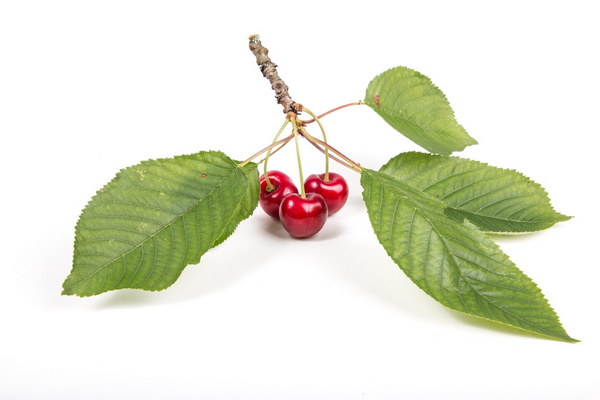Discover the Power of Herbal Teas A Natural Remedy for Insomnia and Restful Sleep
In today's fast-paced world, where stress and anxiety are prevalent, many people struggle with insomnia. Insomnia, or the inability to fall asleep or stay asleep, can lead to a variety of health issues, including fatigue, mood swings, and decreased productivity. While prescription medications may provide temporary relief, they often come with side effects and risks. That's why turning to natural remedies, such as herbal teas, has become an increasingly popular choice for those seeking a more holistic approach to treating insomnia. In this article, we will explore the benefits of herbal teas for insomnia and how they can help you achieve a restful sleep.
Herbal teas have been used for centuries as natural remedies for a variety of ailments, and their benefits for treating insomnia are well-documented. Many of these teas contain calming properties that can help soothe the mind and relax the body, making it easier to fall asleep and stay asleep throughout the night. Here are some of the most effective herbal teas for insomnia:
1. Valerian Root Tea
Valerian root is one of the most well-known herbal remedies for insomnia. This root contains compounds that have a calming effect on the nervous system, helping to reduce anxiety and promote relaxation. To make valerian root tea, simply steep one teaspoon of dried valerian root in hot water for 10-15 minutes before bedtime.
2. Chamomile Tea
Chamomile is another popular herbal tea that is known for its calming properties. This tea contains apigenin, a compound that has been shown to increase the production of gamma-aminobutyric acid (GABA), a neurotransmitter that helps regulate mood and anxiety levels. To enjoy the benefits of chamomile tea, steep one teaspoon of dried chamomile flowers in hot water for 5-10 minutes before bedtime.

3. Lavender Tea
Lavender is a well-loved herb that has been used for centuries to promote relaxation and improve sleep. The essential oils in lavender have a calming effect on the mind and body, making it easier to drift off to sleep. To prepare lavender tea, steep one teaspoon of dried lavender flowers in hot water for 5-10 minutes before bedtime.
4. Lemon Balm Tea
Lemon balm is a member of the mint family that has been used traditionally to treat anxiety and insomnia. This herb contains compounds that have a calming effect on the nervous system, making it an excellent choice for those who struggle with sleep disturbances. To make lemon balm tea, steep one teaspoon of dried lemon balm leaves in hot water for 5-10 minutes before bedtime.
5. Passionflower Tea
Passionflower is another natural insomnia remedy that has been used for centuries. This herb contains alkaloids that have a calming effect on the central nervous system, helping to reduce anxiety and improve sleep quality. To prepare passionflower tea, steep one teaspoon of dried passionflower flowers in hot water for 10-15 minutes before bedtime.
In addition to the calming properties of these herbal teas, there are other factors that can contribute to their effectiveness in treating insomnia:
- Consistency: Regularly drinking these teas before bedtime can help establish a bedtime routine, making it easier to fall asleep.
- Temperature: Drinking a warm cup of herbal tea can help relax the muscles and soothe the mind, making it easier to fall asleep.
- Mindfulness: Focusing on the ritual of making and drinking herbal tea can be a form of mindfulness meditation, which can help reduce stress and improve sleep.
While herbal teas can be a natural and effective way to treat insomnia, it's important to note that they are not a substitute for medical advice or treatment. If you're struggling with chronic insomnia, it's essential to consult with a healthcare professional to determine the underlying cause and develop a treatment plan that's right for you.
In conclusion, herbal teas offer a natural and safe alternative to prescription medications for treating insomnia. With their calming properties and ability to improve sleep quality, these teas can help you achieve a restful night's sleep without the side effects of traditional medications. So why not give them a try and see if they can help you find the peace and relaxation you need for a better night's sleep?









